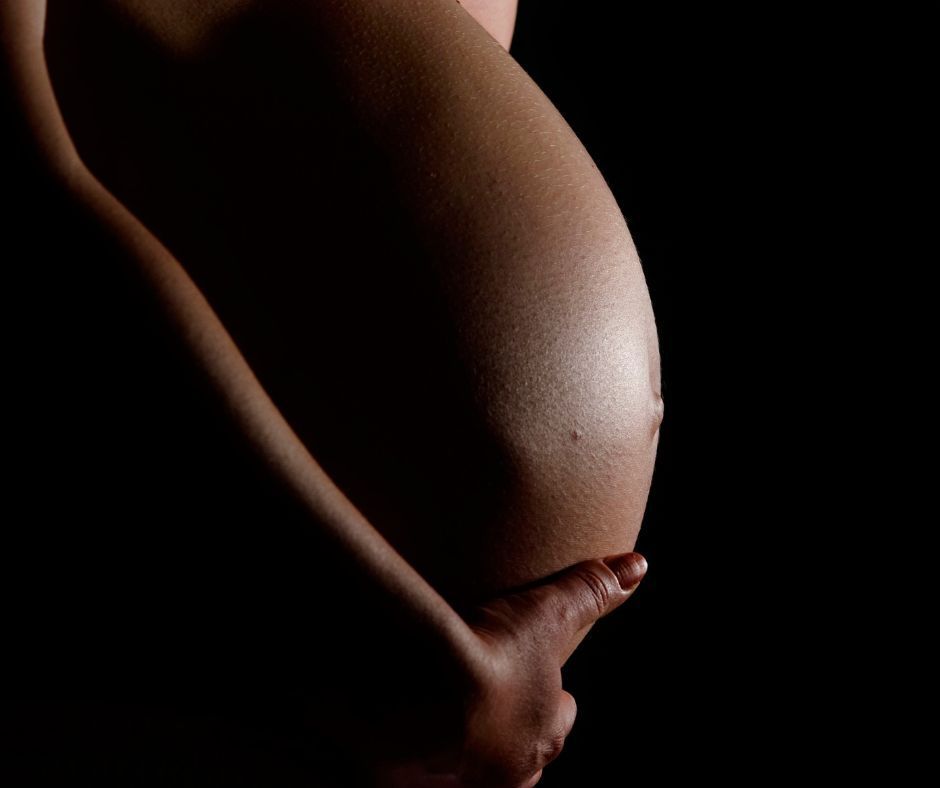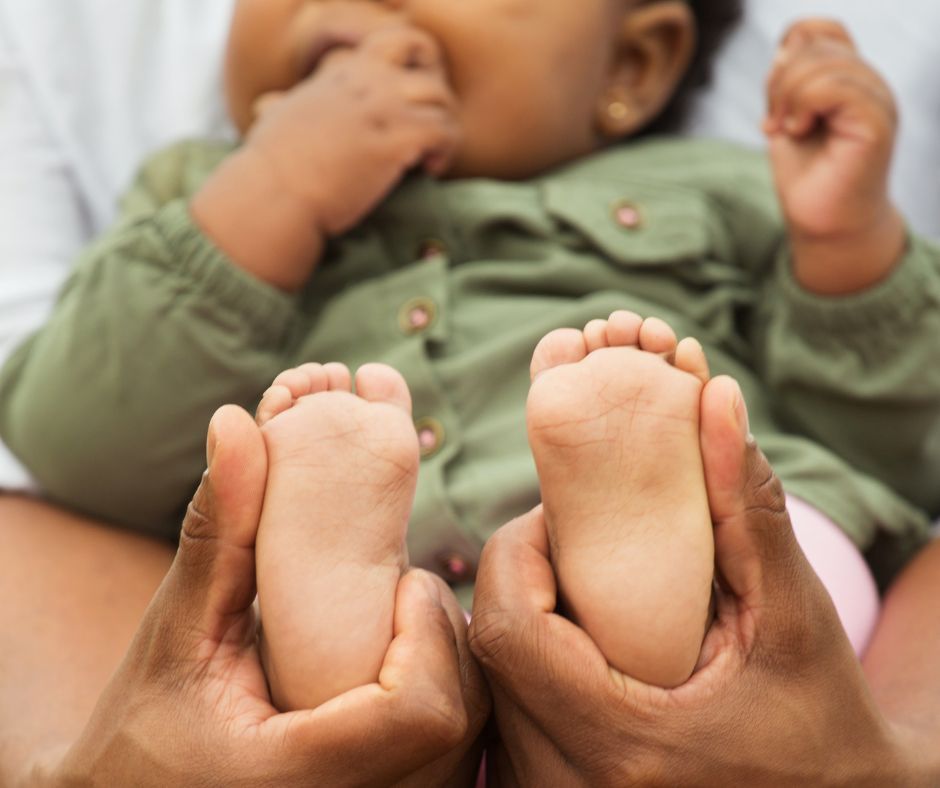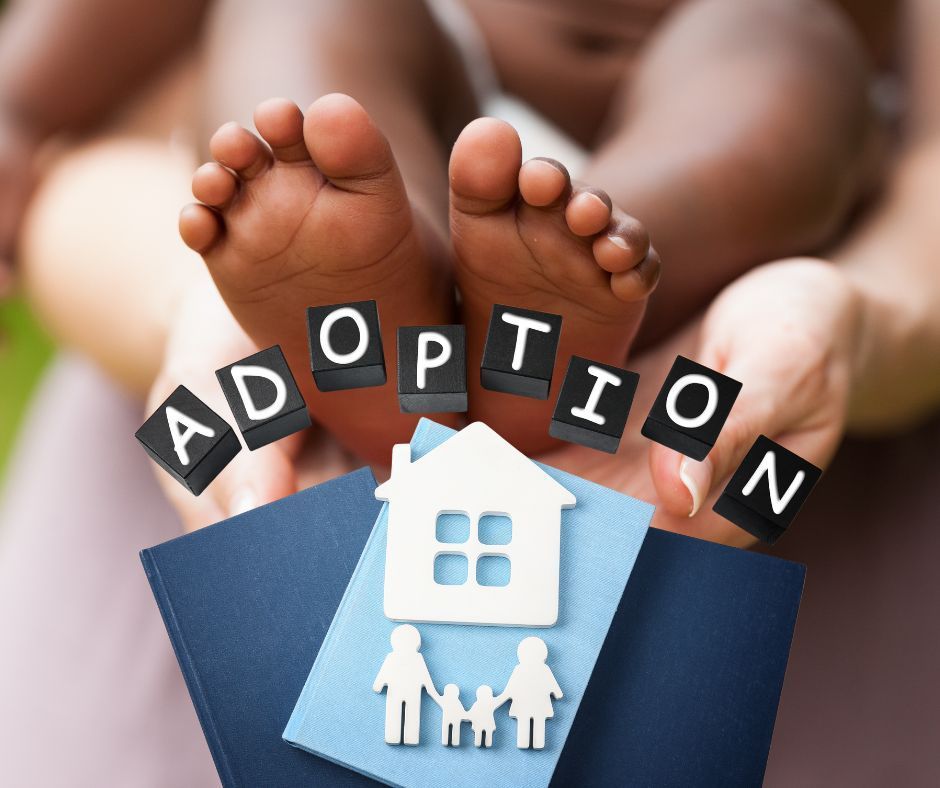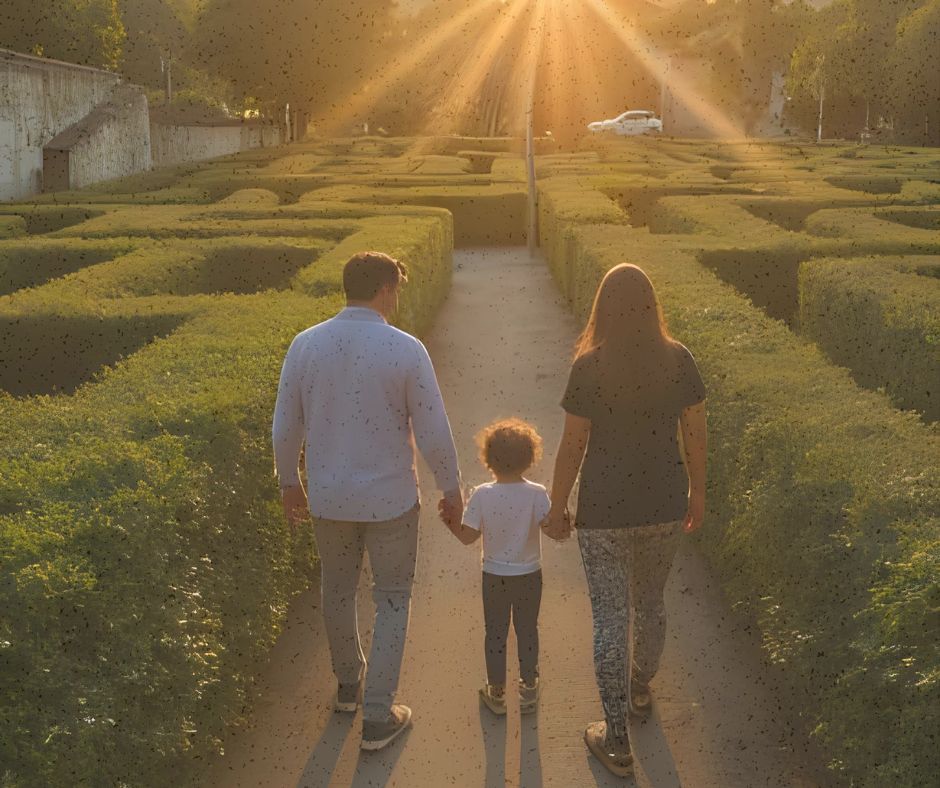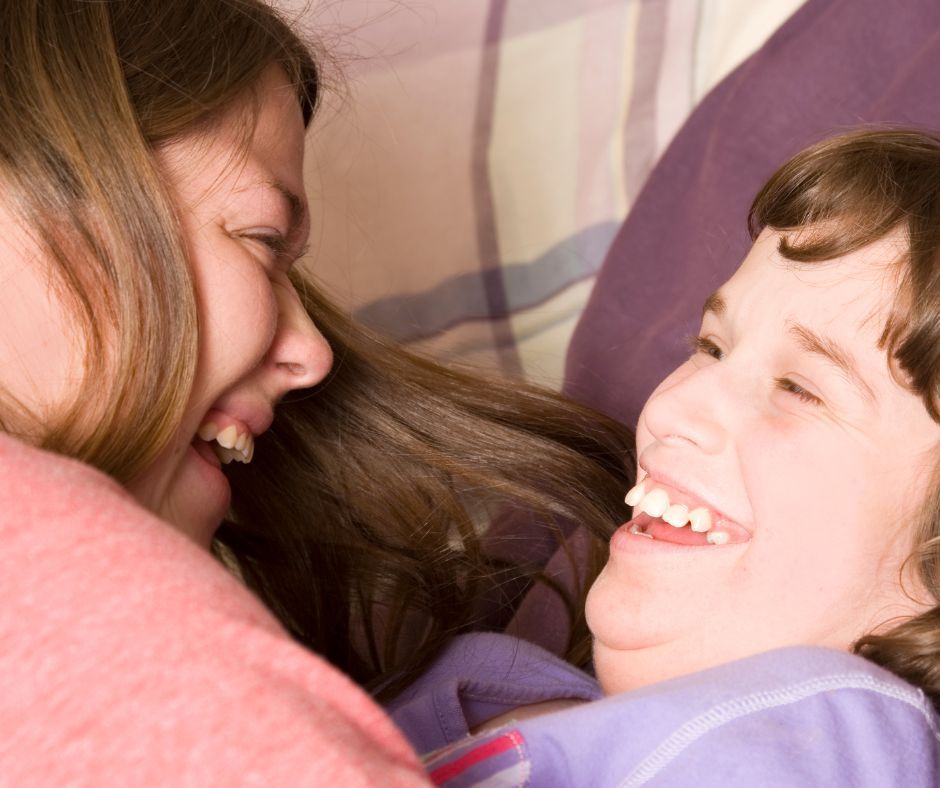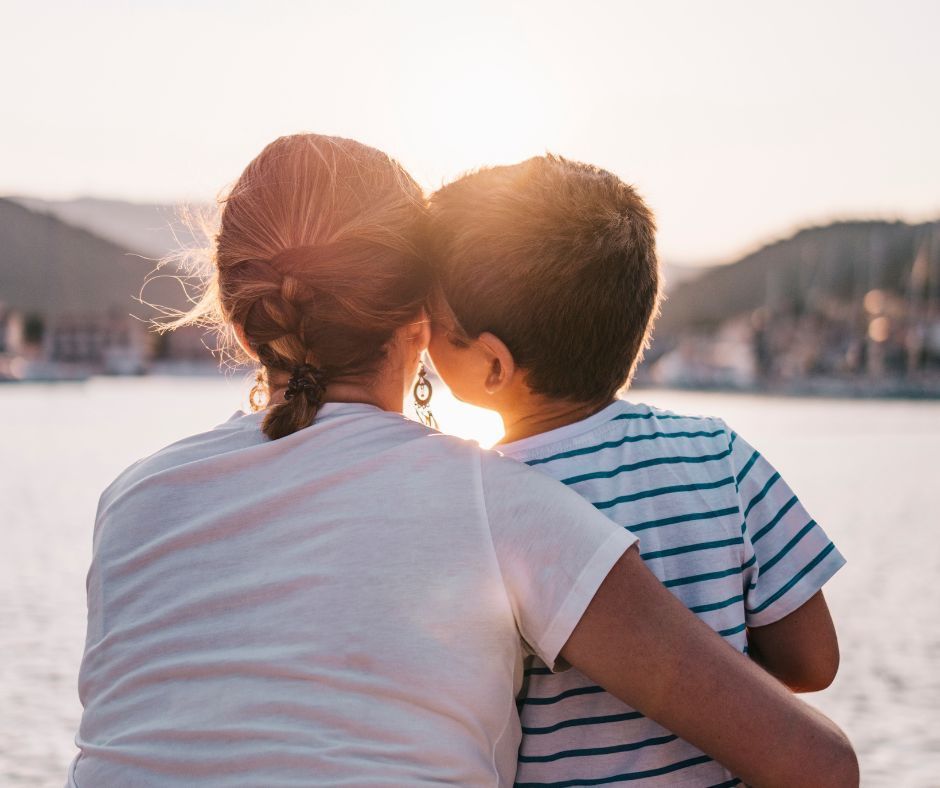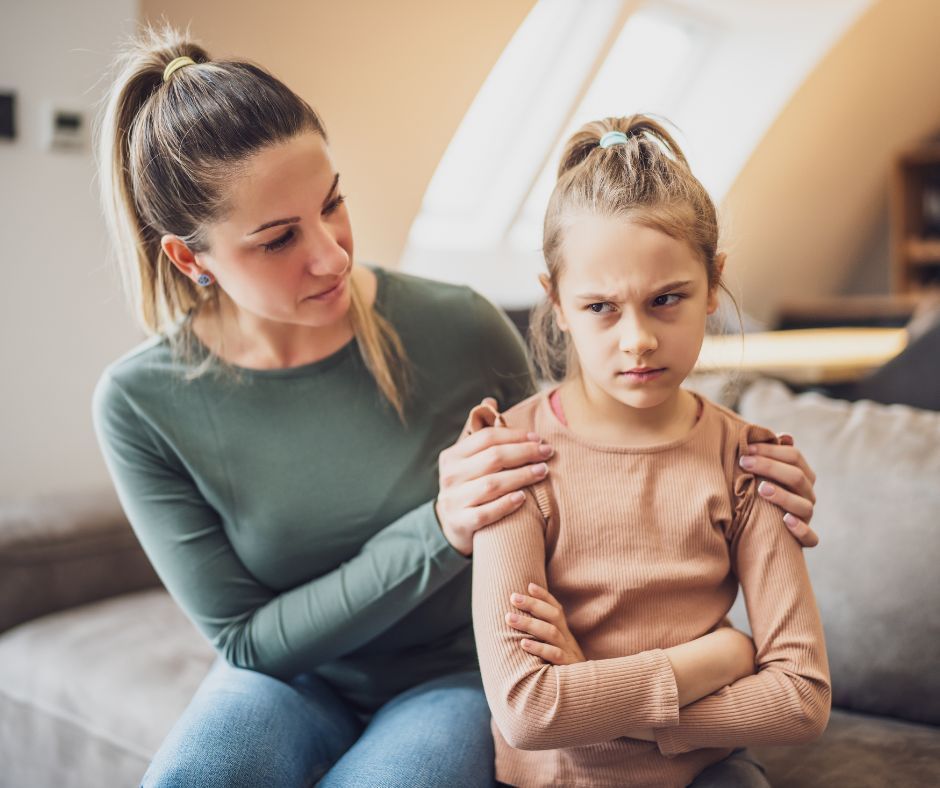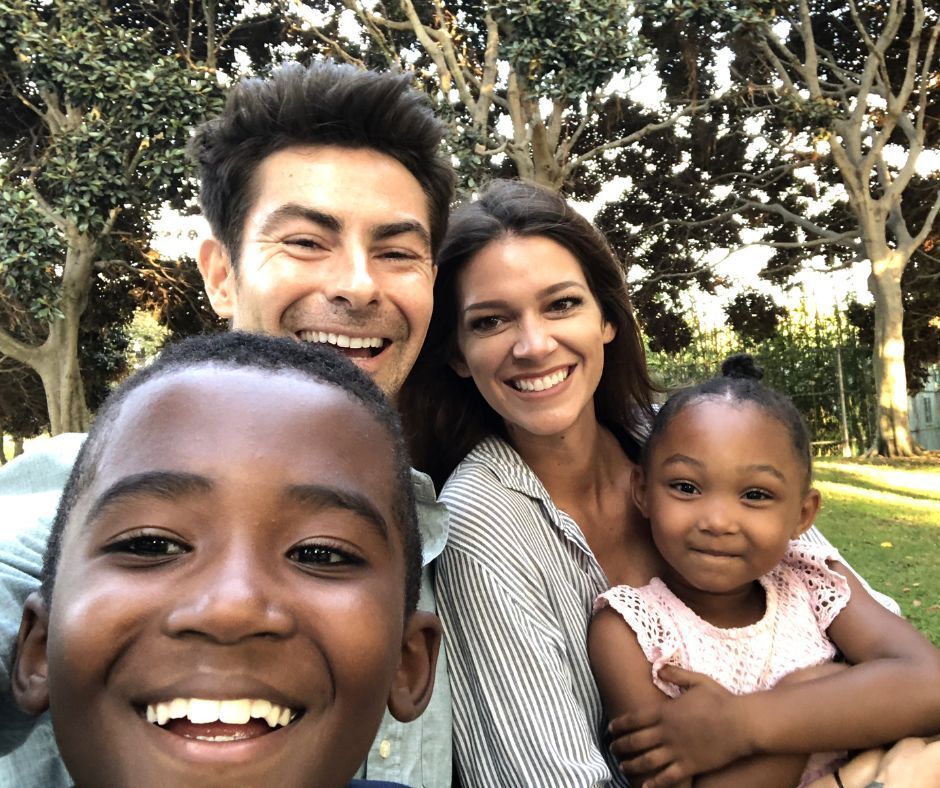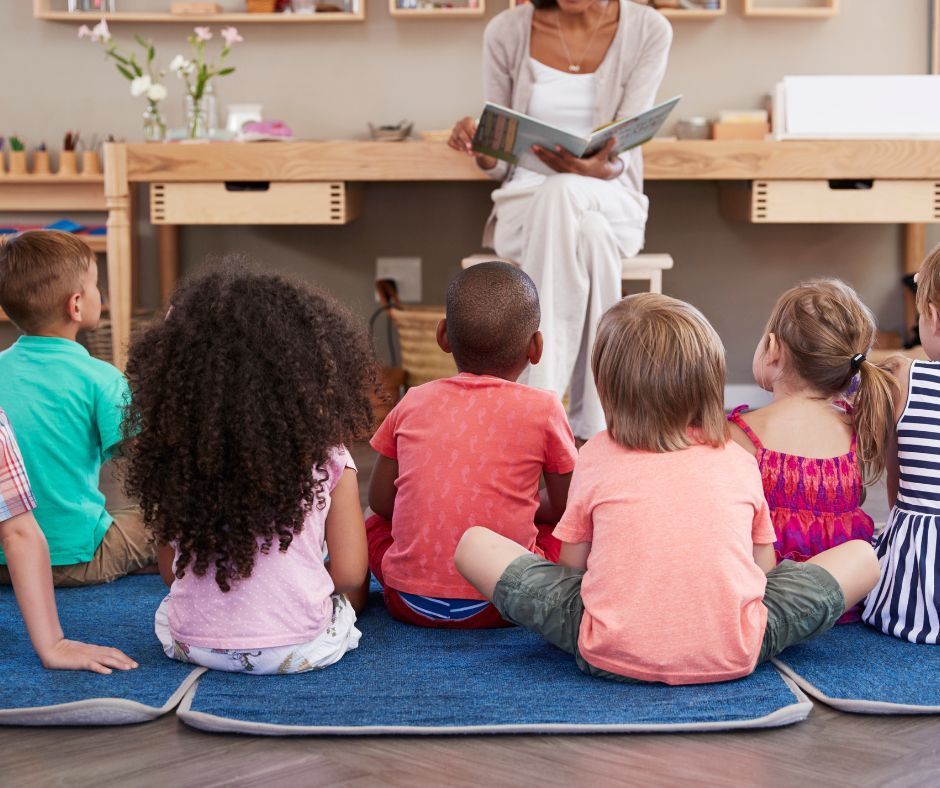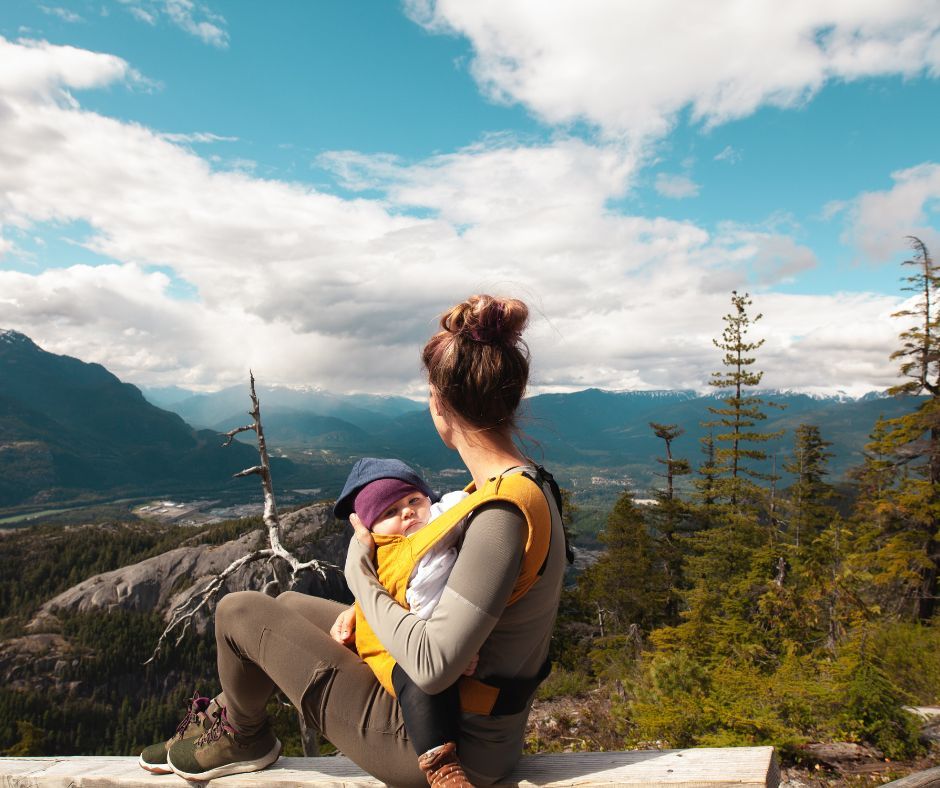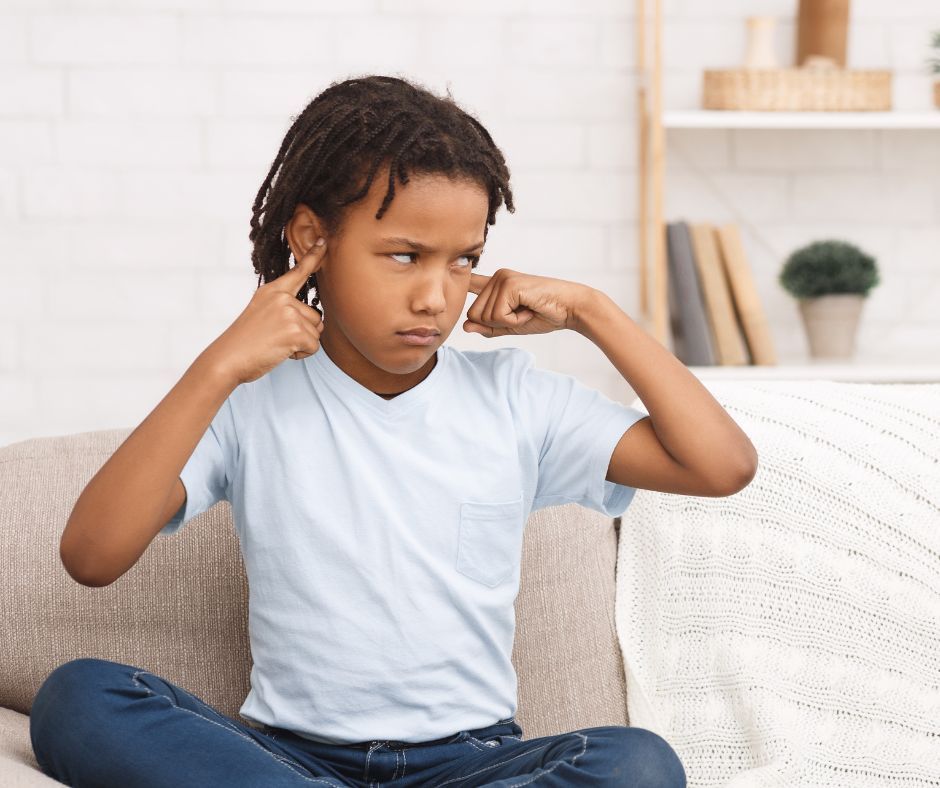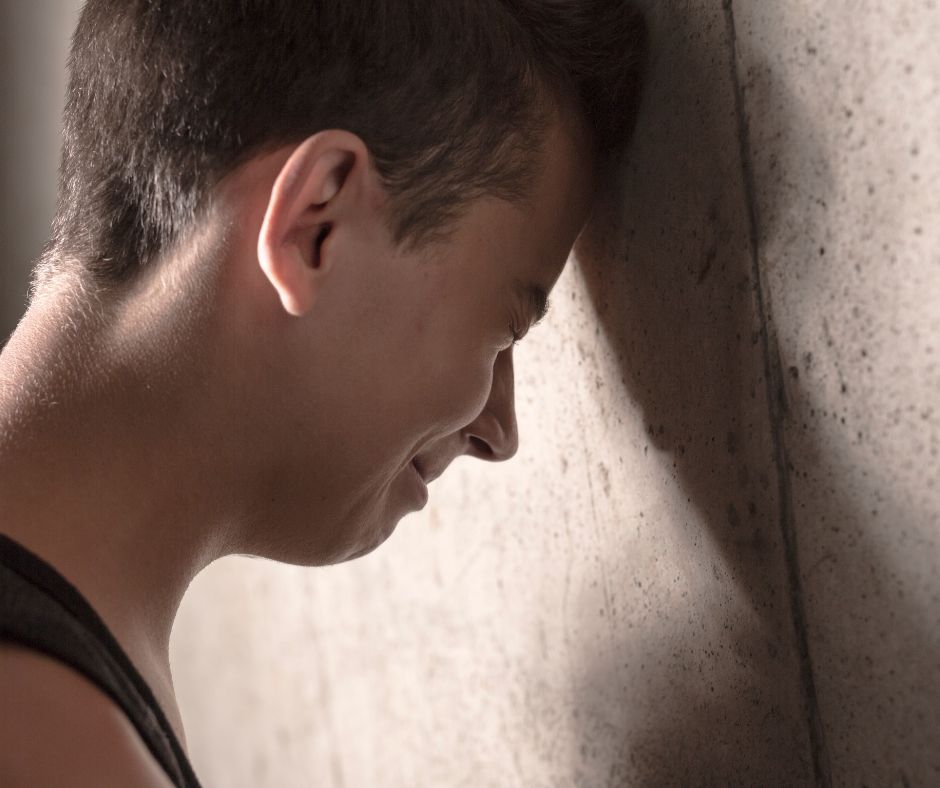Yes, these children have experienced abandonment. Even if it was through a loving plan and with the best of intentions, the fact is that they lost their biological parents. This is a real loss that is experienced throughout their lives. They recognize their birth mom’s voice, smell, and heartbeat. Newborns know who their people are. These babies have just been pushed into a cold, new world and lost their people all at the same time. We have to stop believing that just because they can’t express memories of their birth mom,they don’t always feel her loss. I believe trauma can also be experienced by not receiving what you needed to receive. The absence of affection,tenderness, presence, and relationship is distressing. This unseen agony is often overlooked. Not getting what you needed can be as traumatic as being mistreated.
There are 10 questions, and so far I have given explanations as to why 6 of them could apply to most adopted infants.
It is important to remember that risk factors do not equal fate or destiny, and adopted children do fare better than their non-adopted bio siblings left in poverty. However, they do not fare as well as children who don’t have as many risk factors. I believe that a child adopted at birth could have had as many traumatic experiences as a child adopted at age 8. The earlier we recognize this as a society, the earlier we can mitigate some, but not all, of the effects of trauma with very early intervention.
References:
https://www.cdc.gov/
http://www.aceresponse.org/img/uploads/file/ace_score_questionnaire.pdf

